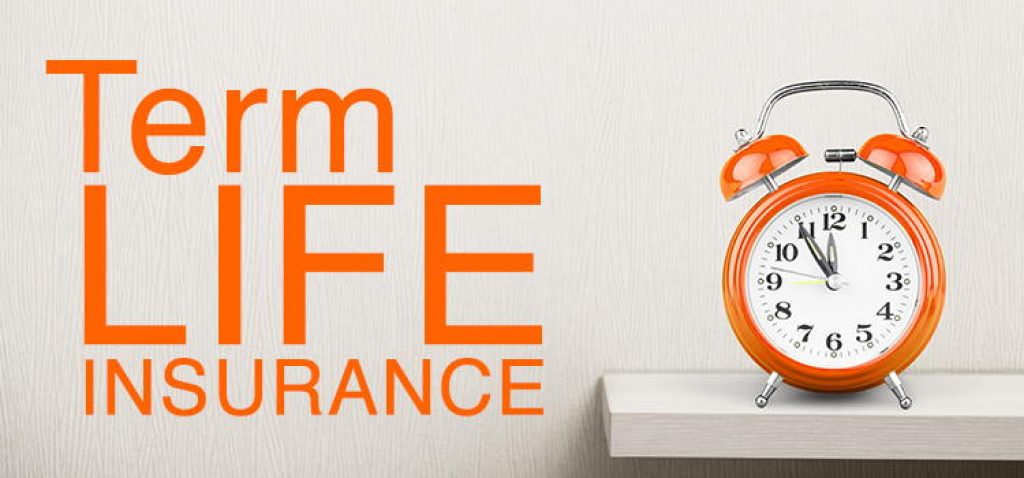
Term Insurance is a type of life insurance plan which provides the coverage for a specified period of time. The lump sum amount is paid to the beneficiary as a death benefit in case of the demise of the insured, provided the policy is in force.
Term insurance plans have gained popularity over time because they are less expensive to buy compared to the traditional life insurance policies. This is because under a term insurance you are charged only for the life cover.
They do not offer any maturity benefit and are free of hidden charges as it does not has investment component attached to it.
There are various types of term insurance plans which you can choose as per your requirement. Let us have a look at the different types of term insurance plans available in the market for you to choose:
- Standard Term Insurance Plan: A standard term insurance plan is the most common and simple form of term insurance. It offers protection to the family of the policyholder in case on unexpected death of the policyholder in the form of a death benefit, provided the death takes place during the term of the policy.
- Group Term Insurance Plan: Group term insurance plans are designed specifically for companies, businesses, societies or such kinds of groups of people. These plans provide insurance for all the members of the group. Though group term insurance plans provide the same benefits like that of an individual term plan the overall coverage in them is more. This is because it covers the illness and other factors which are excluded under an individual term plan.
- Term Return of Premium (TROP): Term Return of Premium (TROP) is a type of term insurance plan that offers the survival benefits by refunding the amount of premium paid excluding tax in case the insured survives the policy term. The policy holder has the option to add the riders which they feel are essential. This however increases the amount of premium to be paid. It is a good option for people who are looking for life protection along with creating a corpus for future.
- Increasing Term Insurance Policy: Is a policy where the cover and the premium increases during the period of the plan at a particular duration. This plan is designed to cover the risk of inflation cost which affects the value of the death benefit received by the insured’s family. The coverage increases at a pre-specified rate till the time the overall value of the cover is 1.5 times the original cover value.
- Decreasing Term Insurance Policy: It is a term insurance plan where the amount of premium and the coverage decreases at a specified rate, during the tenure of the family. Decreasing term insurance plans are used by banks and financial institutions to cover the mortgage or home loan risk offered to their customers.
- Convertible Term Plans: Convertible term plans are the plans that come with an option where the policyholder can get them converted in any other type of plan in future. For instance, if you have a term insurance plan say for 15 years but after 5 years you want to convert it into say a whole life insurance plan it can be done without any hassle.
- It is easier to understand term insurance plans compared to other life insurance plans which combine risks and savings.
- All the term life insurance policies are similar in structure and simple to understand hence they can be easily compared on the basis of price.
- It is easier to opt out from a term insurance plan than opting out from a cash value policies. Nothing is payable to the policy holder as there is no savings component attached to term insurance policies.
- The premium amount paid for term insurance policies is not only low but is also eligible for tax benefits under section 80C.
- The premium paid for term insurance plans is mush low compared to the premiums paid for the cash value policies.
- Term insurance plans are not economical in the older ages as the premium amount for the term insurance increases steeply.
- It becomes difficult to buy a term insurance policy in older ages like beyond 65 to 70 years of age as most companies do not offer it after this age.
- Term insurance plans are not suitable if you are looking for saving for your future needs like child’s higher education, marriage etc.
- In case of instability of health it is not possible to buy a new term insurance policy or to renew the old one.
- Term insurance policies are not suitable if one is looking for wealth creation.
- It does not provide any capital or income for you or your family while you are alive.




